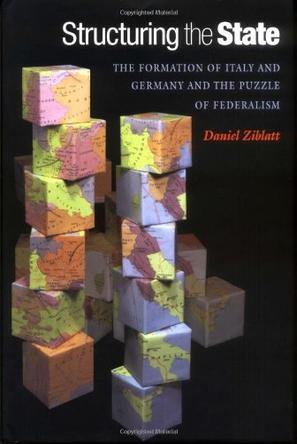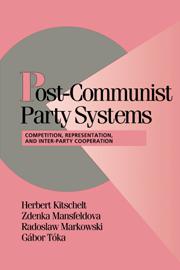-

Ambiguities of Domination
In the late-1990s in Syria, the image of President Hafiz al-Asad is everywhere. In newspapers, on television and during orchestrated spectacles Asad is praised as the "father," the "gallant knight," even the country's "premier pharmacist". Yet most Syrians, including those who create the official rhetoric, do not believe its claims. Why would a regime spend scarce resources on a cult whose content is patently spurious? Lisa Wedeen concludes that Asad's cult acts as a disciplinary device, generating a politics of public dissimulation in which citizens act "as if" they revered their leader. By inundating daily life with tired symbolism, the regime exercises a subtle, yet effective form of power. The cult works to enforce obedience, induce complicity, isolate Syrians from one another and set guidelines for public speech and behaviour. Wedeen's ethnographic research demonstrates how Syrians recognize the disciplinary aspects of the cult and seek to undermine them. -

Structuring the State
Germany's and Italy's belated national unifications continue to loom large in contemporary debates. Often regarded as Europe's paradigmatic instances of failed modernization, the two countries form the basis of many of our most prized theories of social science. "Structuring the State" undertakes one of the first systematic comparisons of the two cases, putting the origins of these nation-states and the nature of European political development in new light. Daniel Ziblatt begins his analysis with a striking puzzle: Upon national unification, why was Germany formed as a federal nation-state and Italy as a unitary nation-state? He traces the diplomatic maneuverings and high political drama of national unification in nineteenth-century Germany and Italy to refute the widely accepted notion that the two states' structure stemmed exclusively from Machiavellian farsightedness on the part of militarily powerful political leaders.Instead, he demonstrates that Germany's and Italy's "founding fathers" were constrained by two very different pre-unification patterns of institutional development. In Germany, a legacy of well-developed sub-national institutions provided the key building blocks of federalism. In Italy, these institutions' absence doomed federalism. This crucial difference in the organization of local power still shapes debates about federalism in Italy and Germany today. By exposing the source of this enduring contrast, "Structuring the State" offers a broader theory of federalism's origins that will interest scholars and students of comparative politics, state-building, international relations, and European political history. -

Politician's Dilemma
In Latin America as elsewhere, politicians routinely face a painful dilemma: whether to use state resources for national purposes, especially those that foster economic development, or to channel resources to people and projects that will help insure political survival and reelection. While politicians may believe that a competent state bureaucracy is intrinsic to the national good, political realities invariably tempt leaders to reward powerful clients and constituents, undermining long-term competence. "Politician's Dilemma" explores the ways in which political actors deal with these contradictory pressures and asks the question: when will leaders support reforms that increase state capacity and that establish a more meritocratic and technically competent bureaucracy? Barbara Geddes brings rational choice theory to her study of Brazil between 1930 and 1964 and shows how state agencies are made more effective when they are protected from partisan pressures and operate through merit-based recruitment and promotion strategies. Looking at administrative reform movements in other Latin American democracies, she traces the incentives offered politicians to either help or hinder the process. In its balanced insight, wealth of detail, and analytical rigor, "Politician's Dilemma" provides a powerful key to understanding the conflicts inherent in Latin American politics and to unlocking possibilities for real political change. -

The Logic of Japanese Politics
-

Post-Communist Party Systems
Post-Communist Party Systems examines democratic party competition in four post-communist polities in the mid-1990s, Bulgaria, the Czech Republic, Hungary, and Poland. Legacies of pre-communist rule turn out to play as much a role in accounting for differences as the institutional differences incorporated in the new democratic rules of the game. The book demonstrates various developments within the four countries with regard to different voter appeal of parties, patterns of voter representation, and dispositions to join other parties in legislative or executive alliances. The authors also present interesting avenues of comparison for broader sets of countries. -

Paradigms and Sand Castles